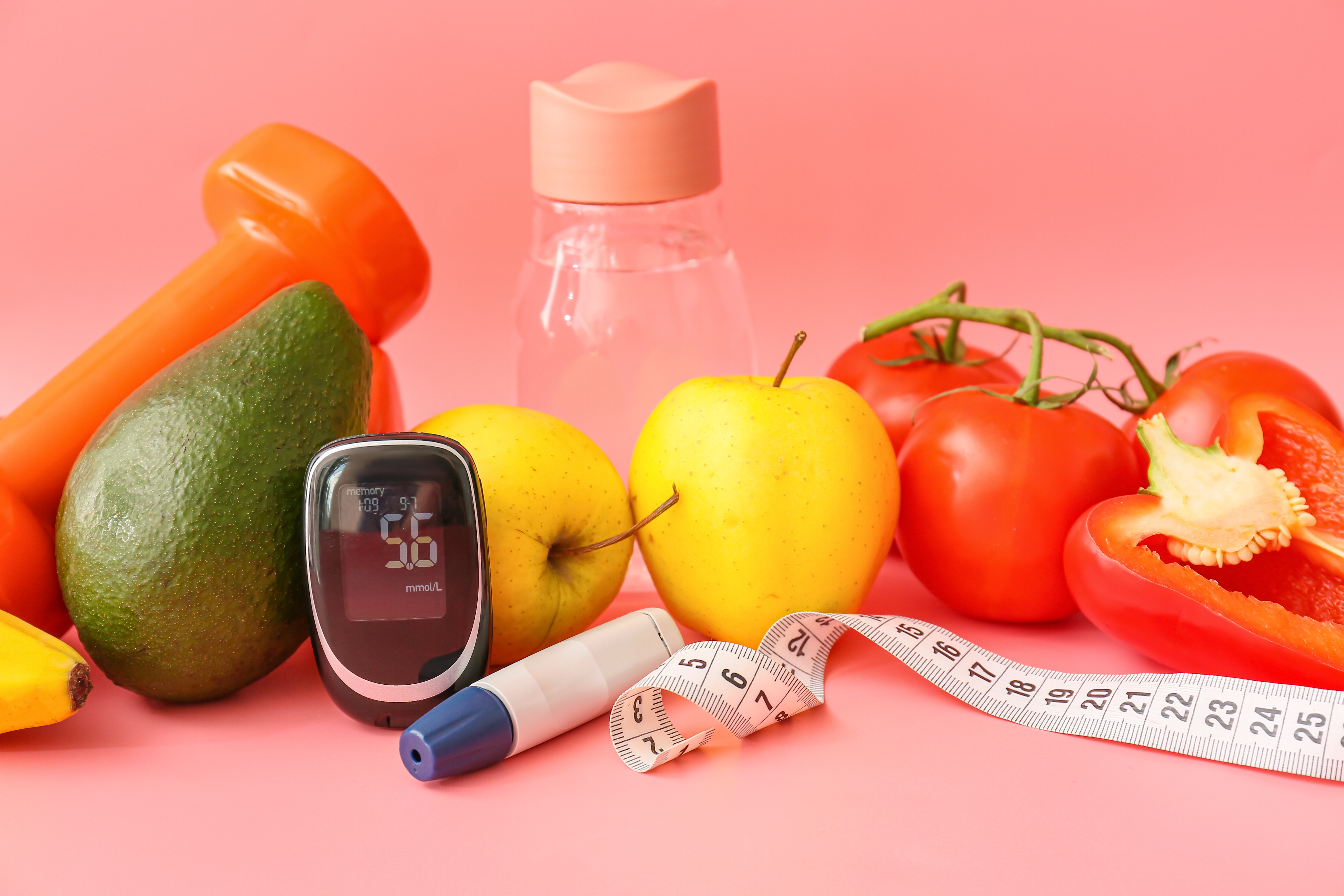NatMed Condition Series: Diabetes
March 2025CDC stats show that nearly 12% of the US population have diabetes. More patients are turning to natural products to help manage this condition. Be ready to counsel patients on their safe use.
Berberine is one of the most talked about natural medicines for diabetes. Often touted as “nature’s Ozempic,” there’s a lot of buzz about how it can benefit this condition. Some clinical research shows that berberine moderately reduces blood sugar levels in people with type 2 diabetes – taking 500 mg by mouth 2-3 times daily might be as effective as taking metformin 500 mg by mouth 2-3 times daily. But berberine can have additive effects if taken along with antidiabetes drugs, so it’s important to monitor blood sugar levels closely.
Also be prepared to discuss cassia cinnamon. It’s been studied extensively for diabetes, but the overall evidence is mixed. Some meta-analyses show that taking cassia cinnamon helps lower fasting blood glucose by about 25 mg/dL or HbA1c by about 0.6%, but other data don't find a benefit. As with berberine, cassia cinnamon has the potential to alter the effects of antidiabetes drugs, so patients who want to give it a try should monitor blood sugar levels closely.
Blond psyllium and fenugreek might also come up. Blond psyllium appears to reduce blood glucose levels after eating by up to 20%, and it’s a great way to increase fiber intake. As for fenugreek, meta-analyses show that taking fenugreek lowers fasting glucose by about 20 mg/dL and HbA1c by up to 1.2% when compared with placebo. But the validity of these findings is limited due to study quality.
Encourage patients to update their healthcare team on all supplements they use to ensure appropriate monitoring. And review each monograph and our Comparative Effectiveness chart for more information on therapies studied for diabetes.
